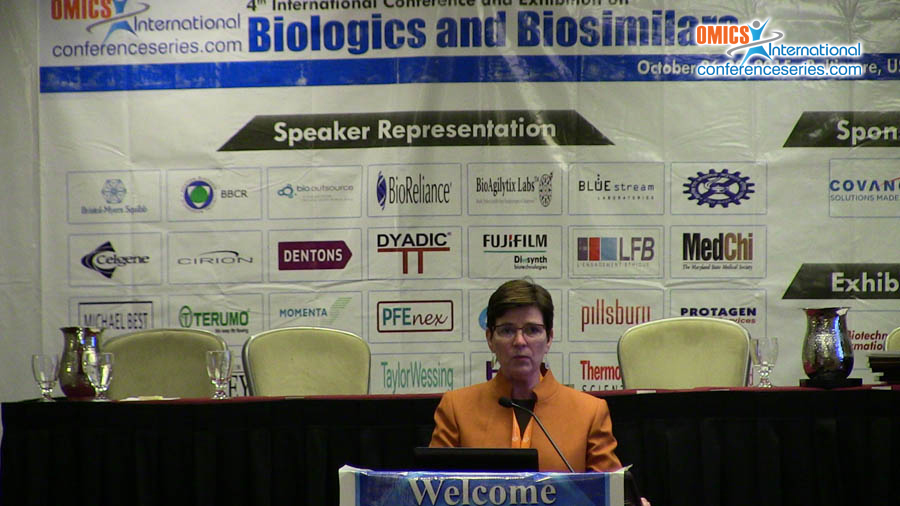
Denise M Kettelberger
Sunstein Kann Murphy & Timbers LLP, USA
Title: U.S. biosimilars – The courts interpret BCPIA steps
Biography
Biography: Denise M Kettelberger
Abstract
SANDOZ filed an aBLA seeking the first approval of a U.S. biosimilar, a filgrastim product. AMGEN’s Neupogen® was the reference product. U.S. biosimilar companies closely followed progress of the first product to use the U.S. Biosimilar law (Biologics Price Control and Innovation Act. Surprisingly, SANDOZ did not proceed through the multi-step aBLA pathway of the BPCIA’s patent dispute resolution system, choosing instead to notify AMGEN of the aBLA filing, expected approval date, and intended launch. Instead of the BCPIA’s elaborate process for confidential information exchange and resolution of patent disputes, SANDOZ opted out of the process and did not provide AMGEN with its aBLA application. Because SANDOZ failed to provide its application and manufacturing process, AMGEN was entitled to sue SANDOZ for patent infringement under non-compliance sanctions provided in BCPIA steps. AMGEN sued SANDOZ for unfair competition; conversion; and infringement of AMGEN’s patents. The, District Court dismissed unfair competition and conversion clams due to its interpretation of BPCIA, finding SANDOZ did not act unlawfully. On appeal to the Federal Circuit, the BCPIA was again interpreted in Amgen v. Sandoz, decided July 21, 2015. The Court reviewed SANDOZ’s failure to comply with the first step: applicant “shall provide” its application and manufacturing process; 180 day notice of intent to market; and whether BCPIA steps are optional or mandatory. The Court found the BCPIA steps to be required when the aBLA path is chosen, but not when the applicant chooses not to use the BCPIA. Federal Circuit en banc review was requested.

